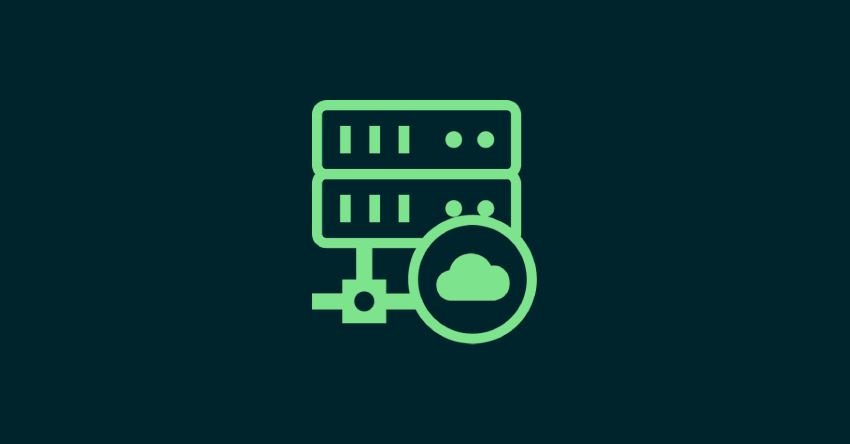
What is a web server?
A web server is like the digital butler of the internet. It's a computer system that hosts websites and delivers content to users' devices upon request.
Table of Contents
A web server is a combination of hardware and software that delivers web content to users over the internet. Here’s a breakdown:
1. Hardware
The hardware part of a web server refers to the physical computer or server machine where websites, files, and applications are stored. This server is always connected to the internet and is equipped to process requests from users.
2. Software
The software component handles requests from web browsers and delivers the appropriate response. It works with protocols like HTTP (HyperText Transfer Protocol) or HTTPS (secure version of HTTP). Popular web server software includes:
- Apache (open-source, widely used)
- Nginx (known for high performance and scalability)
- Microsoft IIS (Internet Information Services)
- LiteSpeed
How It Works
- Client Request:
A user opens a browser and enters a website URL (e.g.,www.example.com), which sends a request to the web server hosting the site. - Server Response:
The web server processes the request and sends the requested files (HTML, CSS, JavaScript, etc.) back to the user’s browser. - Rendering:
The browser renders the files into a web page viewable by the user.
Key Functions
- Hosting websites: Storing and serving website files.
- Processing requests: Handling user actions, such as clicking links or submitting forms.
- Security: Implementing measures like SSL certificates for secure communication.
- Load balancing: Distributing traffic to prevent overloads.
Essentially, a web server acts as the backbone of the internet, enabling users to access websites and web applications.
